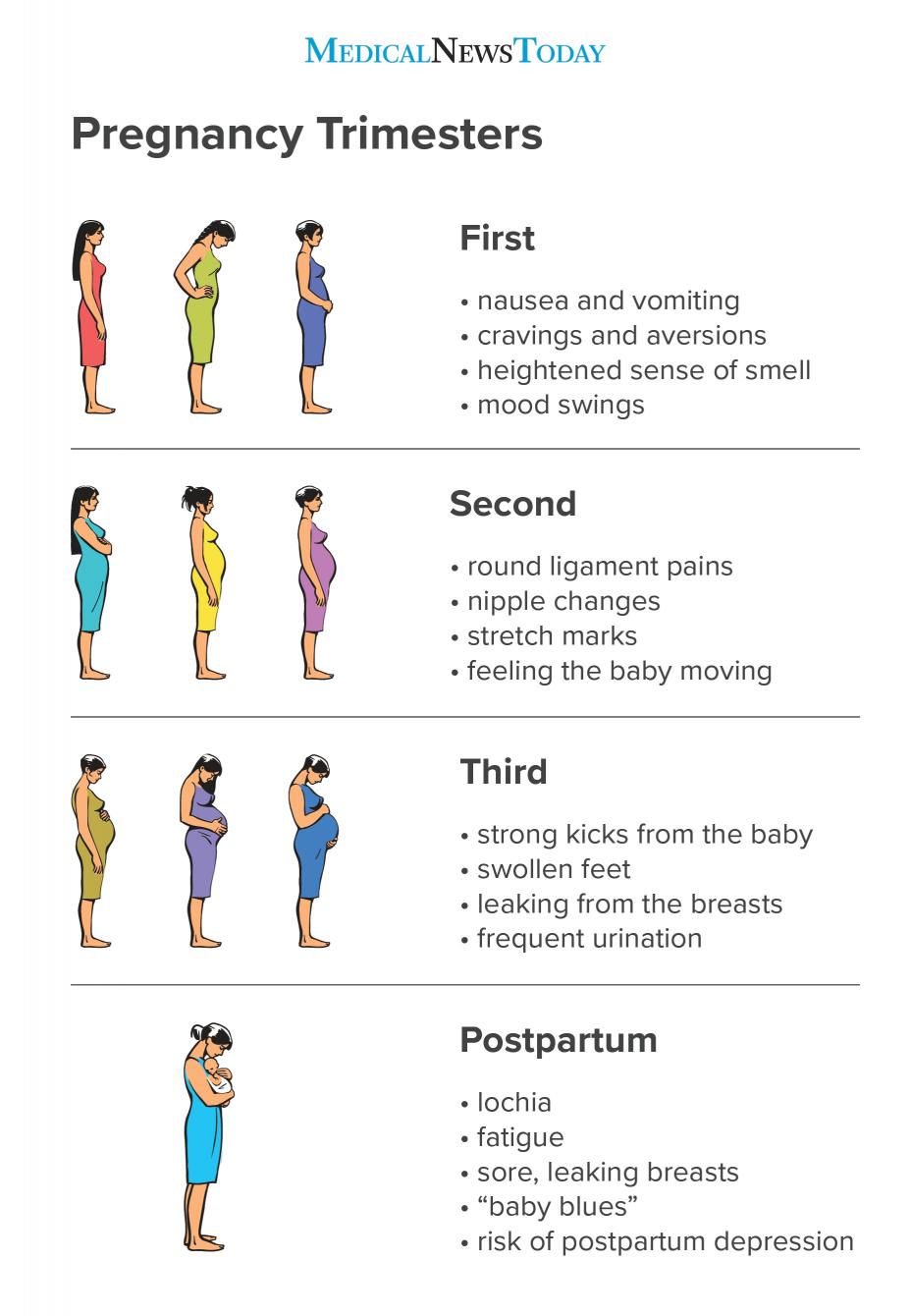
Pregnancy: A Journey of Transformation
Pregnancy is an extraordinary journey that brings about profound physical, emotional, and social changes in a woman’s life. It is a time of immense growth and transformation, as the body prepares to nurture and sustain a new life.
Physical Changes
- Enlargement of the Uterus: The uterus, a muscular organ that houses the developing fetus, undergoes significant expansion during pregnancy. This growth accommodates the growing baby and provides ample space for its movement.
- Breast Development: The breasts begin to enlarge and prepare for lactation. The milk ducts develop and the nipples become more prominent.
- Weight Gain: Weight gain is a natural part of pregnancy. The average weight gain ranges from 25 to 35 pounds, depending on the woman’s pre-pregnancy weight and other factors.
- Increased Blood Volume: The body’s blood volume increases by up to 50% to support the increased metabolic demands of pregnancy.
- Hormonal Changes: Pregnancy is accompanied by a surge in hormones, including estrogen, progesterone, and human chorionic gonadotropin (hCG). These hormones play crucial roles in maintaining the pregnancy and preparing the body for childbirth.
Emotional Changes
- Mood Swings: Hormonal fluctuations can lead to mood swings, ranging from elation to irritability.
- Fatigue: Fatigue is common during pregnancy, especially in the first and third trimesters.
- Anxiety and Stress: Pregnancy can be an anxious time, as women navigate the physical and emotional changes and prepare for the responsibilities of parenthood.
- Nesting Instinct: In the third trimester, many women experience a strong urge to prepare their home for the baby’s arrival.
- Bonding with the Baby: As the pregnancy progresses, women often develop a strong emotional bond with their unborn child.
Social Changes
- Changing Relationships: Pregnancy can impact relationships with partners, family, and friends.
- Social Support: Building a strong support system of family, friends, and healthcare providers is essential for emotional and practical support during pregnancy.
- Work-Life Balance: Pregnancy may require adjustments to work schedules and responsibilities.
- Financial Considerations: Pregnancy and childbirth can be financially demanding. It is important to plan for expenses related to prenatal care, delivery, and childcare.
Prenatal Care
Regular prenatal care is crucial for ensuring the health of both the mother and the baby. Prenatal appointments typically include:
- Physical Exams: The healthcare provider will monitor the mother’s weight, blood pressure, and overall health.
- Ultrasound Exams: Ultrasounds provide images of the developing fetus and assess its growth and well-being.
- Blood Tests: Blood tests screen for infections, anemia, and other health conditions.
- Genetic Testing: Genetic testing can be offered to identify potential genetic disorders in the baby.
- Nutrition and Exercise Guidance: The healthcare provider will provide recommendations for healthy eating and exercise during pregnancy.
Labor and Delivery
Labor is the process of giving birth to the baby. It typically involves three stages:
- Early Labor: This stage begins with mild contractions that gradually increase in intensity and frequency.
- Active Labor: Contractions become stronger and more frequent, leading to the dilation of the cervix.
- Delivery: The baby is born through the birth canal.
Delivery can occur vaginally or through a cesarean section, depending on the mother’s health and the baby’s position.
Postpartum Recovery
After childbirth, the body undergoes a recovery period known as the postpartum period. This period typically lasts for six to eight weeks. During this time, the uterus contracts back to its original size, and the hormonal levels return to normal.
Physical and emotional recovery may vary from woman to woman. Common postpartum symptoms include:
- Vaginal Bleeding: Light bleeding, known as lochia, is normal after childbirth.
- Breast Engorgement: The breasts may become engorged with milk in the first few days after delivery.
- Uterine Cramps: Mild cramps may occur as the uterus contracts.
- Mood Swings: Hormonal fluctuations can lead to mood swings and emotional sensitivity.
- Fatigue: Fatigue is common during the postpartum period.
Conclusion
Pregnancy is a transformative journey that encompasses physical, emotional, and social changes. Regular prenatal care, a strong support system, and a healthy lifestyle are essential for ensuring the well-being of both the mother and the baby. By embracing the challenges and joys of pregnancy, women can prepare themselves for the profound experience of childbirth and the lifelong bond with their child.